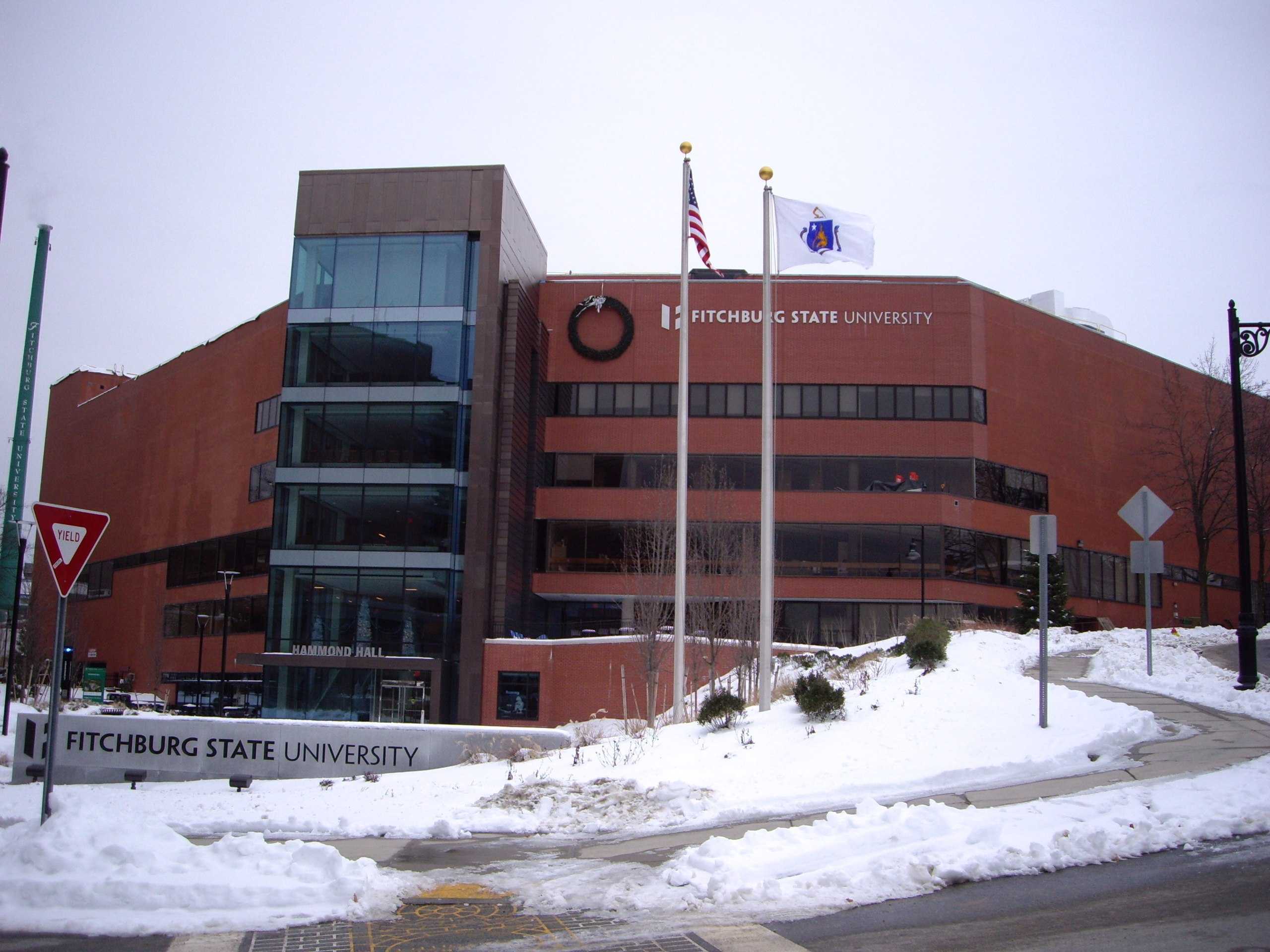
By Makenzie MacDonald
For up and coming students, the initial expectation of an academic advisor may include help with scheduling, internships, activities on campus, and academic assistance. However, not all students receive the same level of support to create a foundation necessary for collegiate success.An advisor is “more than what classes you need to take, although that is a big part of it,” said Frank Mabee, an English Studies Professor at Fitchburg State University. “This is about learning and enriching your life too. I like to try, just from my own experiences, to open up so that students have a sense of what possibilities there are.”
According to Lisa Gim, the Chair of the English Studies Department, advising is an important role faculty partake in at the University, “In advising, faculty do much more than just assist a student in selecting classes for a semester. Faculty take their role in advising very seriously, aiming to mentor, encourage, and orient their students about the parameters of their fields, their possible futures as graduates, and helping students begin to find themselves as potential professionals.”
When professors are hired at Fitchburg State University, the responsibility of advising comes with most of the contracts. Advising is crucial for students to feel successful and confident in their chosen major, “I’ve heard from a lot of people that their advisors talk to them as if they don’t believe they can accomplish what they are going to school for, which is really frustrating,” expressed Maddi Tocci, a junior at Fitchburg State, “One of my friends requested to have his advisor changed because he talked down to him in class and in meetings.”
The quality of interactions students receive from their advisors contributes to their overall success, so the quality should be exceptional. “Faculty performance in relation to advising is formally evaluated during the processes of tenure and promotion, which indicates how important advising is at this university,” continued Professor Gim.
The relief students feel when leaving a successful and helpful meeting with their advisor lifts a weight off their shoulders that words cannot describe.
George D. Kuh, an adjunct researcher of education policy at the University of Illinois, researched the success students could have due to academic leadership from faculty.
This research declared the importance for advisors to take time to get to know their students. “Academic advisors can play an integral role in promoting student success by assisting students in ways that encourage them to engage in the right kinds of activities, inside and outside the classroom,” Kuh discovered.
When advisors take time to connect with their students, students are able to acclimate to collegiate expectations with less anxiety. “I honestly love my advisor. She has been so supportive,” said Kristina Osborne, a senior at Fitchburg State, “Even outside of classes, she’s willing to sit down and just talk if there is any issues. She tries to support me in any way possible.”
Fitchburg State University’s website states their mission, “Our comprehensive public university prepares students to lead, serve, and succeed by fostering lifelong learning and civic and global responsibility.”
The quality of advising students receive has been proven to be beneficial when done right in previous research. To ensure the success rate of the students here at Fitchburg State University, all advisors must be held accountable for their work with their advisees. Accountability increases the promise towards students that they are being guided through college with confidence, success, and effectiveness.







